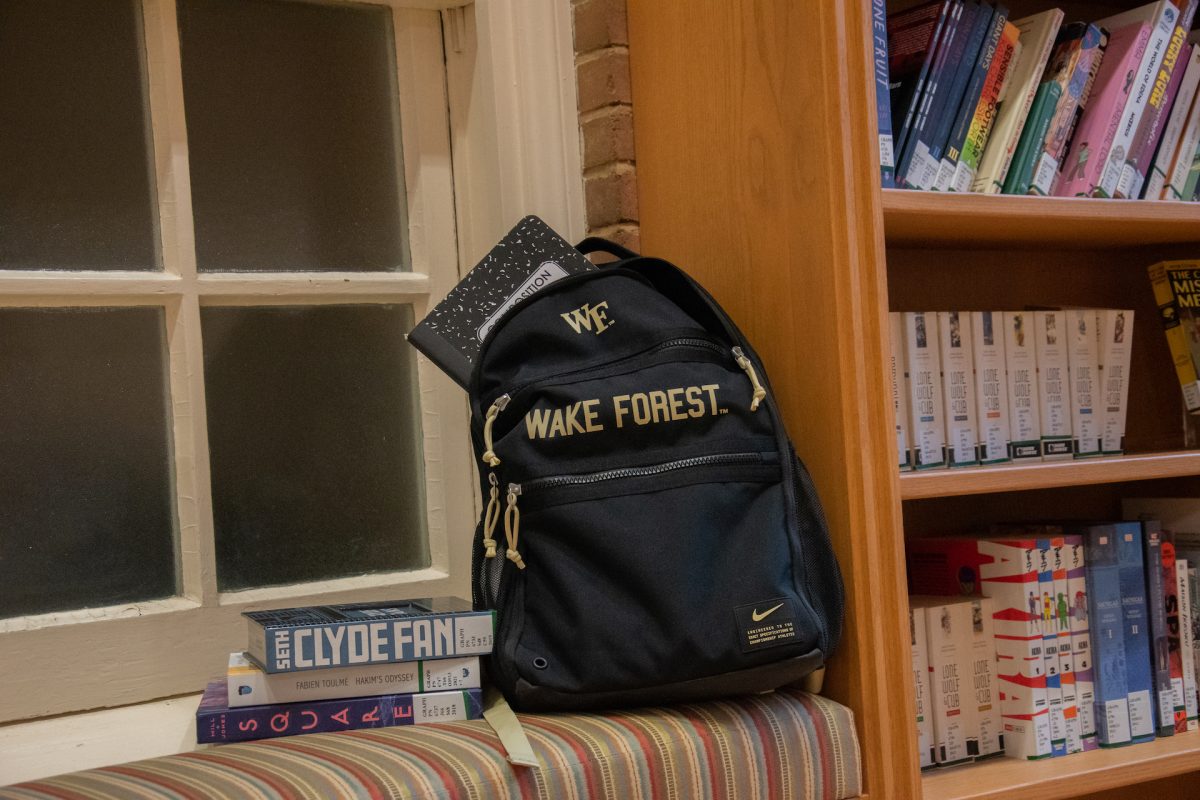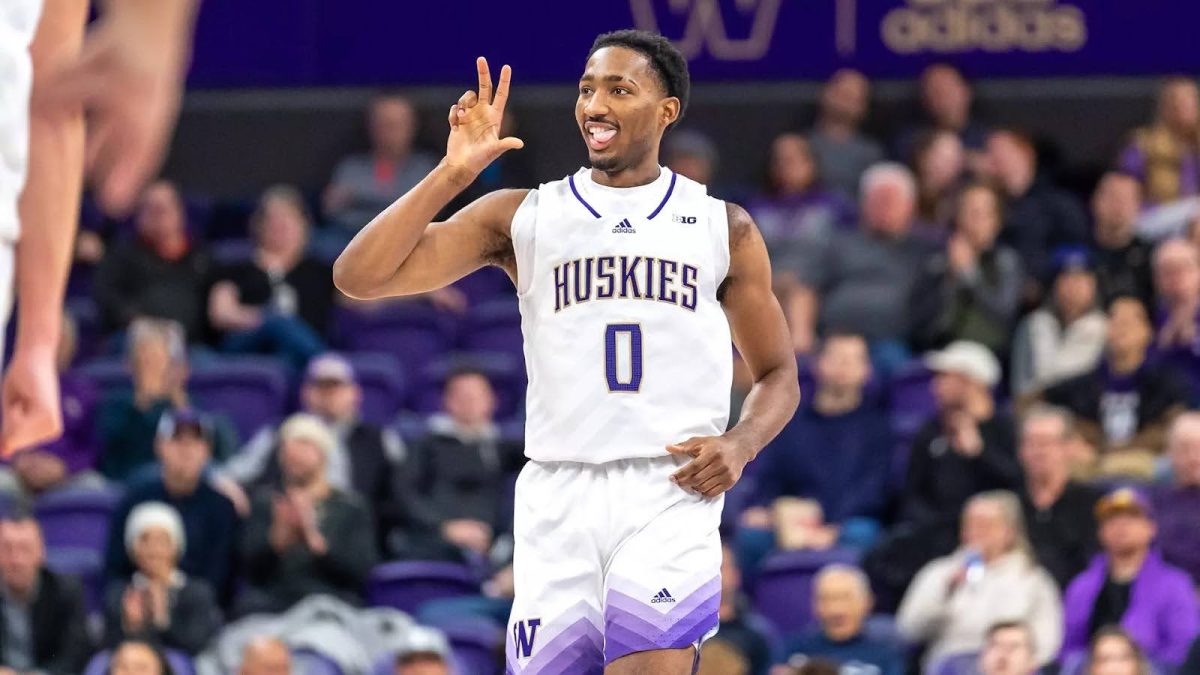The transition to college is difficult for everyone, including student-athletes. When they are not adjusting to Division I athletics in places like Allegacy Federal Credit Union or Spry Stadium, they are trying to balance a college-level workload. While a few individual experiences certainly do not reflect the reality of all freshman student-athletes, cheerleader Alina Kazarian and soccer player Sierra Sythe spoke about the effort it takes to find success both on the field and in the classroom.
There is no one way to begin the journey to college athletics. While Kazarian tried out for the cheerleading team via video submissions after being accepted into Wake Forest during the regular decision cycle, Sythe had already been committed to play soccer in Winston-Salem for well over a year.
“I knew in my heart this was the place I wanted to be,” Sythe said about committing during her junior year of high school, “And I was lucky. I figured that out so soon, but for everyone, it’s different.”
Both Kazarian and Sythe moved in early, giving them time not only to adjust to living away from home but also to bond with their teammates. Sythe had the opportunity to come up to school in the spring, but chose to wait until this summer because the COVID-19 pandemic already took so much of her high school experience. After moving in on July 6, Sythe lived in a residence hall with the entire women’s soccer team, where she discovered how much of a resource her teammates could be — and not just on the field.
“Even if it’s not related to soccer, and I just need someone to be there for me or to give advice, they will 100% drop everything they’re doing and be there,” Sythe said.
Kazarian had a similar experience with the cheerleading team after moving to campus a week early. She felt that having a group that was welcoming allowed her to more easily open up to other individuals she would later meet on campus.
“They taught me what true friendship is in such a short amount of time,” Kazarian said. “I’m kind of an introvert, but with them, I can be more extroverted. So that helped me meet other people too.”
Even with their new friends, the first few weeks at Wake Forest did not come without challenges for Kazarian or Sythe, who tore her ACL during the first soccer game of the season. After going through surgery, not only could she not play soccer, but she also had to navigate campus with a leg brace and crutches.
“The first two weeks were a little mentally challenging,” Sythe said. “I didn’t feel like I really was completely a student or completely an athlete.”
Sythe said that her crutches made her stand out and made it difficult to get to class on time. She said her conversations with new people revolved solely around her injury. However, Sythe has maintained a positive attitude despite her freshman year not shaking out as planned, learning the importance of “finding the silver lining.”
Kazarian also dealt with the mentally exhausting aspects of her sport, mentioning her desire to avoid the specific stereotype often associated with cheerleaders. However, others on the cheerleading team showed her that cheerleading is not synonymous with one academic path or future.
“We have engineering majors and math majors,” said Kazarian, who is currently planning on pursuing a pre-medical path. “Every single possibility you could think of, we have people [on the team who are] currently in law school and studying for the LSAT.”
Wake Forest’s rigorous course load is something with which Kazarian and Sythe must contend in addition to practices and games. Kazarian said she prefers a more individualistic approach to staying organized, opting for a Google Sheet. Alternatively, Sythe mentioned the academic resources provided to athletes and how she enjoys the communal feeling of seeing other student-athletes in the facilities doing coursework.
Senior Associate Athletic Director for Student-Athlete Services Jane Caldwell is in charge of making sure all Wake Forest athletes remain eligible to participate in competitions. She says her main goal is to make sure student-athletes have the same opportunities as other students to access academic services.
Student-athletes have their own equivalents of offices like CLASS and the Counseling Center but with more flexible hours to accommodate their extensive travel schedules. Caldwell also cited the importance of athletes being able to learn about internships and hear from career-readiness speakers.
“Education is only as good as the job you get after you leave,” Caldwell said.
While acquiring a good job is a goal for many, Kazarian and Sythe are more focused on the present at the moment, simultaneously enjoying their sports and working toward their futures. Kazarian and Sythe made it clear that this dual student-athlete experience is truly made possible by the individuals involved in athletics, which includes both the staff and their teammates.










